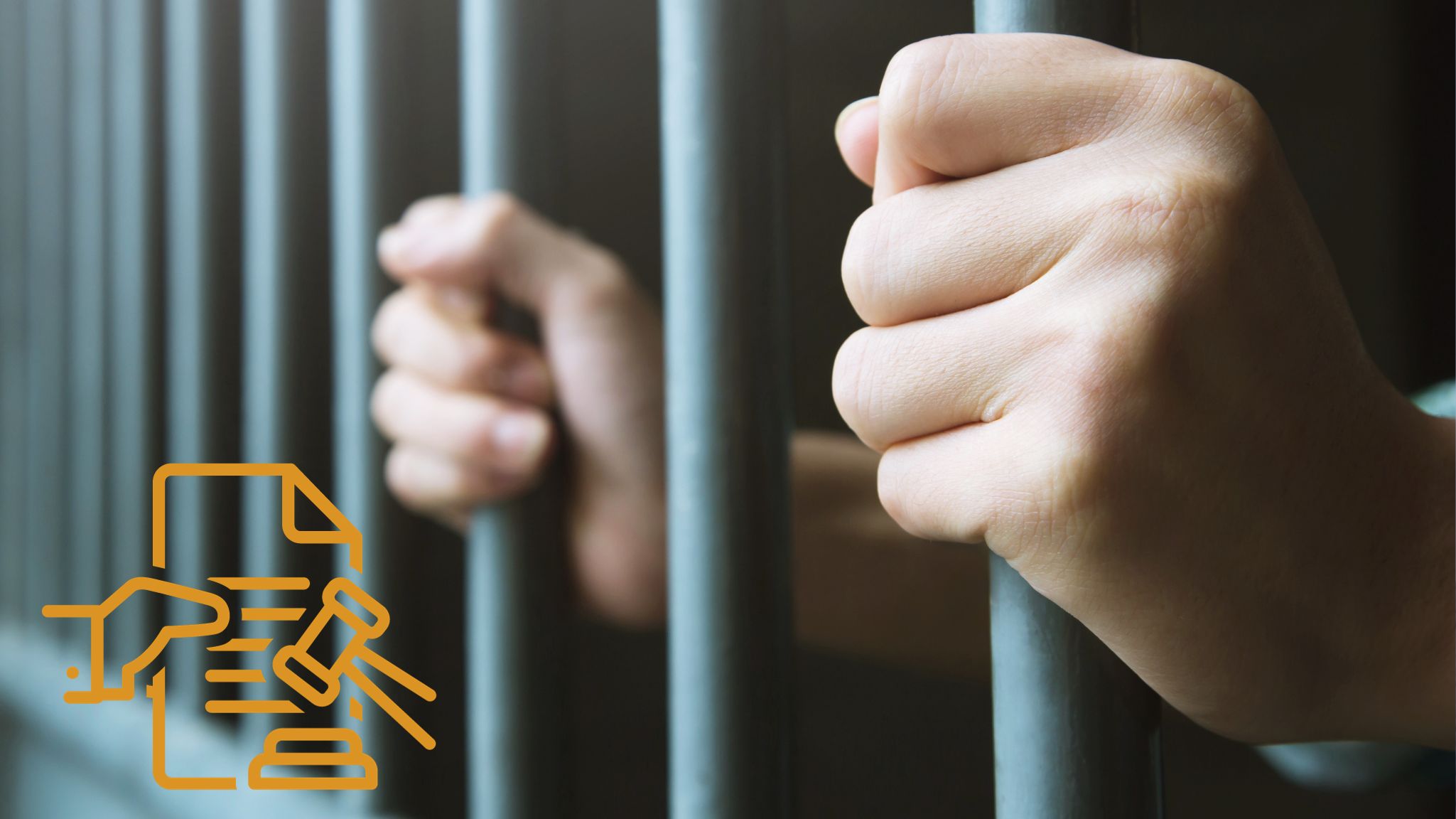What Is A Criminal Conviction?
A criminal conviction is a guilty verdict following a criminal act being committed. This can either be within the magistrates court or supreme court. A criminal conviction is a permanent criminal record which will appear against your name. It is a serious matter and one which should not be taken lightly.
A criminal conviction can be grounds to prevent you from engaging with organisations such as schools, activities or clubs involving children, nursing homes or any other institutions involving vulnerable individuals. any trust within the community is shattered following criminal offending.
Why Are Criminal Convictions Appealed?
Criminal convictions are appealed for a number of reasons but mostly it is simply because people are not happy with the sentence imposed or the overall determination made. There is leave to appeal almost any sentence and it is an automatic right to be able to do so.
An appeal may be sought because of the following;
- Dissatisfaction with the outcome;
- Existence of perceived exceptional circumstances; and
- Perceived incorrect application of a legal principle which has resulted in a substantial miscarriage of justice.
It is a large call to apply for an appeal as it implies that the original sentence or decision is incorrect and therefore that original magistrate or judge has made a mistake.
The appeal process itself is a complicated and long process which should only be undertaken with expert legal advice. Not only do you need to understand your chances of success there can be serious consequences if an appeal is not successful.
Case Study
Alana has been found guilty in the Supreme Court and the Magistrates Court for drug possession and drug trafficking offences. Alana disputes the decision made in relation to each criminal offence however she is only seeking to appeal the decision of drug trafficking. She does not believe the jury took into account critical evidence.
She knows the time limits involved and she directs her lawyer to file an appeal as soon as possible following the decision. Her lawyer is satisfied that there are factors or evidence that the trial judge and the court may have overlooked. She is given a court date and her lawyer needs to provide notice of appeal to the prosecutor.
The appeal court hears the matter and determines at hearing that the jury and the judge made the appropriate conviction and sentences. Alana may appeal this decision to a higher court however she will now have two decisions the court may uphold. Alana wants to appeal the decision but the legal advice she obtained indicates her chances of success are not good.
What Is The Appeal Process?
If you are seeking to lodge an appeal then you will need to do so within 28 days of the original decision being made. If you file the appeal outside of the 28 days then it may not be heard by the appeal court. As with everything, exceptional circumstances exist but the general rule applies.
You will need to provide a copy of the appeal paperwork to the prosecution within 7 days of it being filed. Each time limit is critical as it could be the difference between it being heard or not. Notice of appeal is required so that a proper response can be prepared. It is important to get legal advice however as some matters may require leave to appeal in the first place. Different legal matters have different rules and it is important to know which ones apply.
Once the appeal has been filed and notice of appeal given, the matter will be heard and a decision will be made in the interests of justice.
What Happens If An Appeal Is Unsuccessful?
If an appeal is unsuccessful the court can decide to increase the sentence originally imposed. The court considers the evidence available, whether that be the original evidence or new evidence and the appeal considers whether a conviction should have been made.
The court of appeal will consider the offence and subsequent decision and then decide whether the prosecution has adequately made their case and satisfied the element. They will then consider whether the sentence given by the judge or magistrate is appropriate.
Case Study
Tara has been convicted of grievous bodily harm and sentenced to 4 years imprisonment. She is seeking to appeal the decision because she maintains that she is innocent. Tara has sought legal advice about appealing her conviction and what evidence she may need to bring for that to be successful.
Tara wants the opportunity to bring fresh evidence for the criminal appeal. She is aware however that if she is found guilty a second time she could have a new sentence imposed that is harsher than the initial sentence.
Tara presented fresh evidence at the appeal hearing but ultimately the court provides substantial reasons why the appeal is unsuccessful. They confirm the conviction and uphold the guilty verdict. They decide not to increase the sentence.
Can I Get Legal Aid Funding?
Legal aid will fund criminal matters but their funding is discretionary. They may decide not to fund for criminal appeal matters. You will likely require legal advice before seeking your matter be appealed and you should do this as soon as possible. You will need to make a legal aid funding application and see whether it is granted before you can access free assistance.
In order for your application to be granted, your legal matter or appeal must have merit and your lawyer must consider that there are grounds for its success. Sentence appeals in particular can be quite challenging.
In a nutshell…
Any convicted person may apply to appeal their criminal conviction and have the decision set aside. It is important that they do so within 28 days of the original conviction being made. Any later date and the court may refuse to hear the appeal. In some circumstances, the court must first grant leave for an appeal to be filed before the court.
Each offence is assessed on its merits and all decisions are made in the best interests of justice. The appeal court considers not only the merits of the matter but also the decision made by the previous court to see whether the decision should be upheld or set aside.
Your very first point of call should be obtaining expert legal advice from a criminal law specialist. Jameson Law have a team of qualified criminal law experts ready and willing to assist you with all your legal needs or other legal matter. Contact them today.













